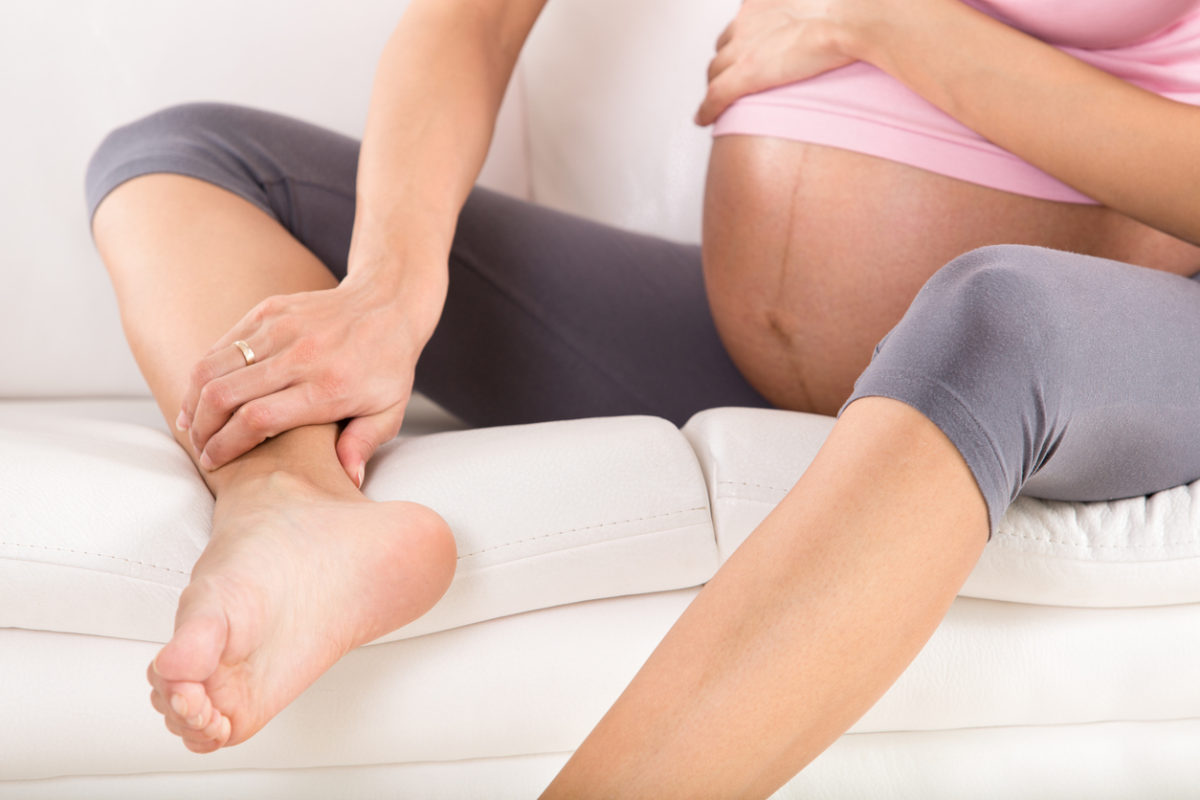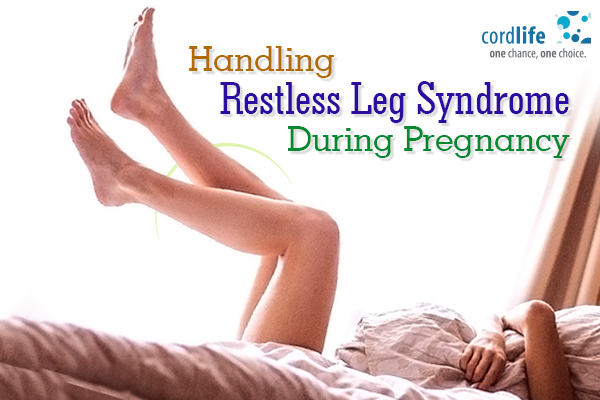Restless Leg Syndrome Pregnancy | There's also a link between restless legs syndrome and pregnancy. Scientists don't know exactly what causes the sensations in the legs at night. In addition to affecting a good number of pregnant women, rls affects men, children, and women who aren't pregnant. Restless leg syndrome is a common pregnancy complaint that often strikes at night. What causes restless legs syndrome during pregnancy?
Rls during pregnancy poses a unique set of challenges 5). What is restless legs syndrome (rls)? There is often an unpleasant feeling in the legs that improves somewhat by moving them. Restless legs syndrome can be maddening when you're trying to get to sleep. If the rls stems from a condition, illness, pregnancy, or medication, it may go away as soon as the trigger has gone.

Experts aren't sure, although genetics are probably a factor. Other possible culprits include hormones, especially estradiol and progesterone, which surge during the third trimester and fall right after birth, following the same pattern as rls. Restless legs syndrome is a sensorimotor disorder characterized by an irresistible urge to move the legs, arms, or, less commonly, other body parts, usually accompanied by paresthesias (eg, creeping or crawling sensations) and sometimes pain in the upper or lower extremities; Pregnancy and restless legs syndrome. Restless legs syndrome is also associated with involuntary jerking of the legs and arms, known as periodic limb movements in sleep (plms). Restless legs syndrome can be maddening when you're trying to get to sleep. If the rls stems from a condition, illness, pregnancy, or medication, it may go away as soon as the trigger has gone. What causes restless legs syndrome during pregnancy? It typically happens in the evening or nighttime hours when you're sitting or lying down. One of these is the restless legs syndrome that proves to be a major hindrance in your. About 26 percent of pregnant women have restless leg syndrome (rls), according to a report published in the journal of midwifery and women's healthtrusted source. Rls may occur throughout life but is unusually prevalent during pregnancy. Restless legs syndrome is a common complaint in pregnancy affecting up to one in every three women.
International restless legs syndrome study group (irlssg). Learn what causes it, how to get relief naturally, and even how to prevent it. To perform a large and detailed epidemiologic study on restless legs syndrome (rls) during pregnancy and the puerperium. Restless legs syndrome is a common complaint in pregnancy affecting up to one in every three women. There's also a link between restless legs syndrome and pregnancy.

It typically happens in the evening or nighttime hours when you're sitting or lying down. The international restless legs syndrome study group. Experts aren't sure, although genetics are probably a factor. Restless leg syndrome (rls) is a medical condition in which there are strong urges to move the legs along with unpleasant symptoms of crawling, tingling, burning, and aching, and leg pain or cramps. Causes of restless legs syndrome in pregnancy. About 26 percent of pregnant women have restless leg syndrome (rls), according to a report published in the journal of midwifery and women's healthtrusted source. It can happen to anyone, but it's especially common during pregnancy, says batya grundland, the. 33 in this disorder, the patient reports a distinctly unpleasant, nearly continuous urge to move her legs late in the day table 3. Rls during pregnancy poses a unique set of challenges 5). Restless legs syndrome is a common complaint in pregnancy affecting up to one in every three women. Risks of drug therapies for restless leg syndrome in pregnancy (open table in a new window). In other people with restless. Summary of recommendations for the prevention and treatment of rls/wed augmentation.
No single cause has been identified, but research is ongoing. In other people with restless. The majority of patients respond to simple explanation and reassurance, however, a small proportion may suffer debilitating symptoms requiring. And it seems to run in families. About 1 in 5 pregnant women will experience symptoms in the last 3 months of their.

Experts aren't sure, although genetics are probably a factor. Restless leg syndrome (rls) is a condition that causes an uncontrollable urge to move your legs while sleeping or when you're at rest—say when you're sitting down to enjoy some netflix. A structured clinical interview, assessing symptoms since the beginning of pregnancy, was performed to a population of 642 pregnant women at the time. Restless legs syndrome is a common complaint in pregnancy affecting up to one in every three women. Restless leg syndrome is a common pregnancy complaint that often strikes at night. What are the signs of rls during pregnancy? About 1 in 5 pregnant women will experience symptoms in the last 3 months of their. There's also a link between restless legs syndrome and pregnancy. What is restless legs syndrome (rls)? This is often described as aching, tingling, or crawling in nature. Learn what causes it, how to get relief naturally, and even how to prevent it. It typically happens in the evening or nighttime hours when you're sitting or lying down. Summary of recommendations for the prevention and treatment of rls/wed augmentation.
Restless legs syndrome (rls) is a condition that causes an uncontrollable urge to move your legs, usually because of an uncomfortable sensation restless leg syndrom. Restless leg syndrome (rls) is a common problem for pregnant women.
Restless Leg Syndrome Pregnancy: Restless leg syndrome (rls) is a medical condition in which there are strong urges to move the legs along with unpleasant symptoms of crawling, tingling, burning, and aching, and leg pain or cramps.
Referanse: Restless Leg Syndrome Pregnancy
Post a Comment